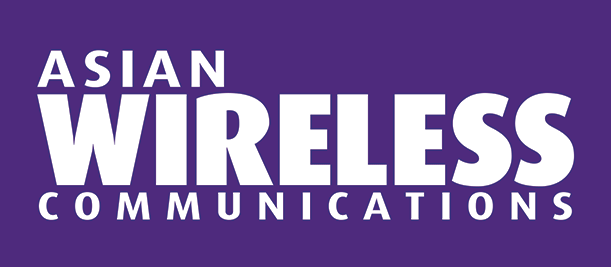09 September 2025

The move comes after the platforms failed to comply with a deadline set by the Ministry of Communications and Information Technology, which mandated registration by last Wednesday. Platforms that had already registered, such as TikTok and Viber, were not affected by the restrictions.
Under the new law, social media companies were given a seven-day window to register and provide local contact details, a grievance handler, and a designated person responsible for self-regulation. Once the deadline expired, unregistered platforms were reportedly blocked immediately. The government stated that the legislation aims to promote responsible management, accountability, and to curb online hate speech, rumours, and cybercrime. However, critics, including civil rights organizations, opposition parties, and international groups like the Committee to Protect Journalists, have accused the law of being a tool for censorship and restricting freedom of expression.
The Nepal Telecommunications Authority (NTA) listed 26 platforms to be shut down, among them Facebook Messenger, WhatsApp, LinkedIn, Snapchat, Discord, Pinterest, Signal, Quora, Tumblr, Mastodon, VK, Line, IMO, Zalo, and others. Within 24 hours of the shutdown announcement, some platforms such as Hamro Patro — a Nepali social media app — and X had begun efforts to register. Reports also indicated that Meta, the parent company of Facebook, Instagram, WhatsApp, and Messenger, had been in contact with Nepali officials regarding the situation.
State-owned Nepal Telecom has informed customers that these platforms have been removed from its services, while private operator Ncell has started blocking access as well. Ncell warned that social media platforms account for around 50% of its internet traffic and that a ban could severely impact its business, recalling the disruptions caused when TikTok was temporarily banned in August 2024, a ban that was later lifted.
The timing of the crackdown — just ahead of Nepal’s major festive season — has raised concerns among small business owners, many of whom rely heavily on social media platforms for their sales. Social media is the dominant mode of internet use in Nepal, accounting for nearly 80% of total online traffic, making the restrictions a significant development for the country's digital landscape.






